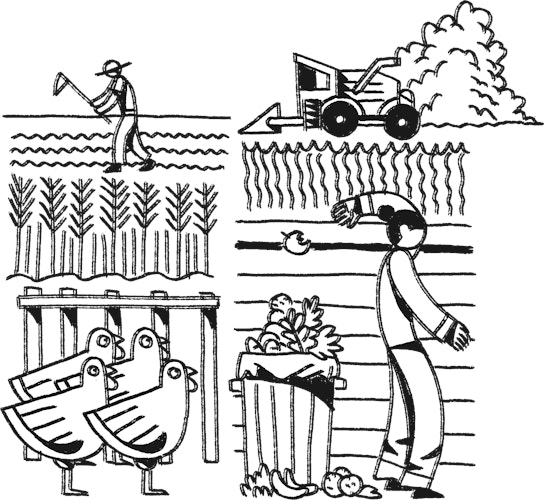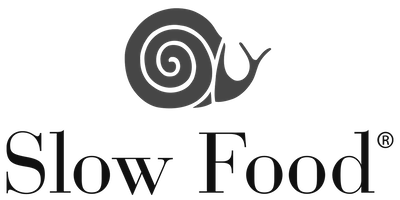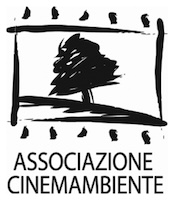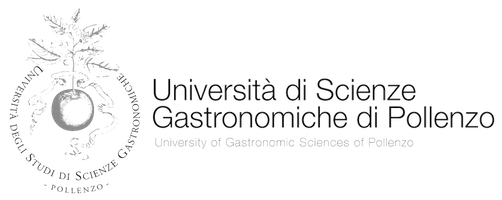Unser täglich Brot
Directed by
With no commentary, to the rhythm of conveyor belts and gigantic machines, the film shows places where food is produced in Europe: monumental spaces, surreal landscapes with the most diverse, sounds, a cold, neutral “plasticized” industrial environment. In these almost spectacular and rarely visible places, human presence is minimal, reduced to tasks that machines still cannot perform. The result is a portrait of a society that enjoys superabundance, produced rapidly, simply and serially by a few groups of skilled workers.
In this film I let the pictures speak for themselves without adding any kind of interview, commentary or information. The public generally expects explanations or someone to blame, but since food concerns all of us and is the responsibility of each one of us, I didn’t want to offer an escape route. It’s irrelevant whether a chicken farm is in Austria, Spain or Poland, or how many pigs pass every year through the large abattoir shown in the film. I believe that this is more the job of journalists and television networks, not of a full-length film.
I also think that when I’m spoon-fed with information, things are made too easy for me as a spectator. All the news about food may move me or infuriate me at first, but then I quickly file it away like all the other all other sensationalist stories we are bombarded with every day, muffling our perception of the world. In this film, the camera’s gaze moves behind, inside and outside structures, and spectators are given the time they need to absorb sounds and images, to see and imagine the spaces where our staple food items are actually produced–a world and a dimension that are normally ignored.








